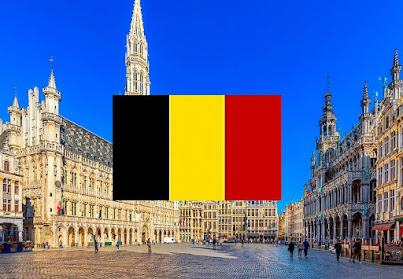Languages.
Languages.
Belgium straddles the border between Germanic and Romance-speaking Latin Europe and this position is reflected in the country´s politics, culture and linguistic composition. In Belgium Ducth, German and French are spoken (not to mention the mixture of various dialects) all speakers of these three different languages living together in a not so extensive territory. Due to the great unified cultural mix that exists in Belgium, the different positions on language have generated discrepancies between the different linguistic communities.
In Belgium, mainly in the North Flanders region, which comprises 60% of the population, their language is almost identical to Dutch from the Netherlands, this language is called "Belgium- Dutch" or also known as "Flemish". Of course there are some differences between Flemish and standard Ducth particulary in pronunciation, vocabulary and some idioms. The second language in Belgium is French, the community that inhabits Wallonia and a large part of the capital Brussels speaks French, this community comprises 40% of the Belgian population.
Lastly, there is a small German-speaking minority in the eastern regions of the province of Liege (on the border of Germany) forming about 1% of the Belgian population, very little German is spoken in Belgium because post World War l Would some of these regions were incorporated to Belgium. Unlike Dutch and Belgian French, Belgian German has had much less time to evolve independently. By the way, German in Belgium is very similar to standard German. You can also hear a fourth language in Belgium, Luxembourgish, in the Arelerland district.




Comentarios
Publicar un comentario